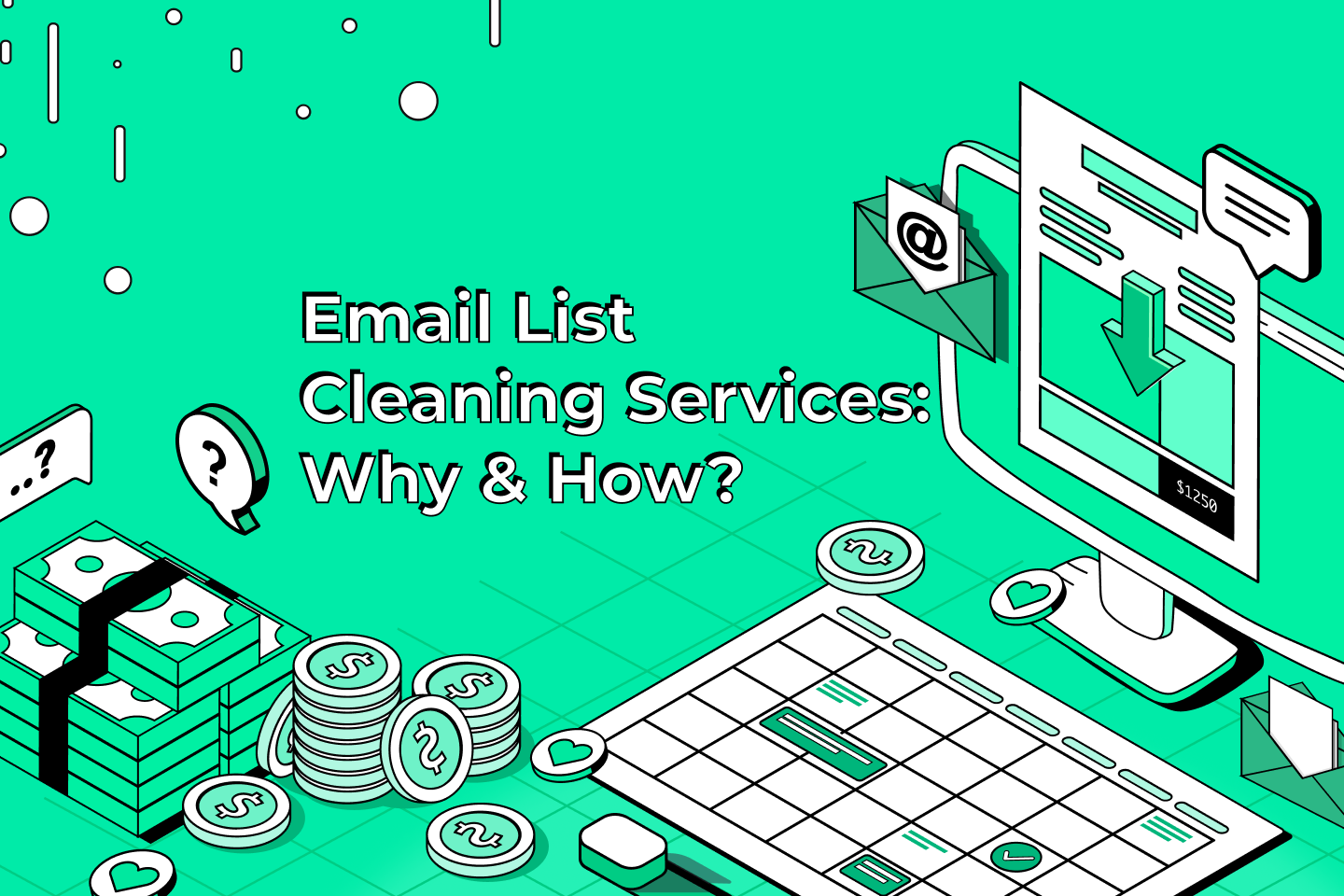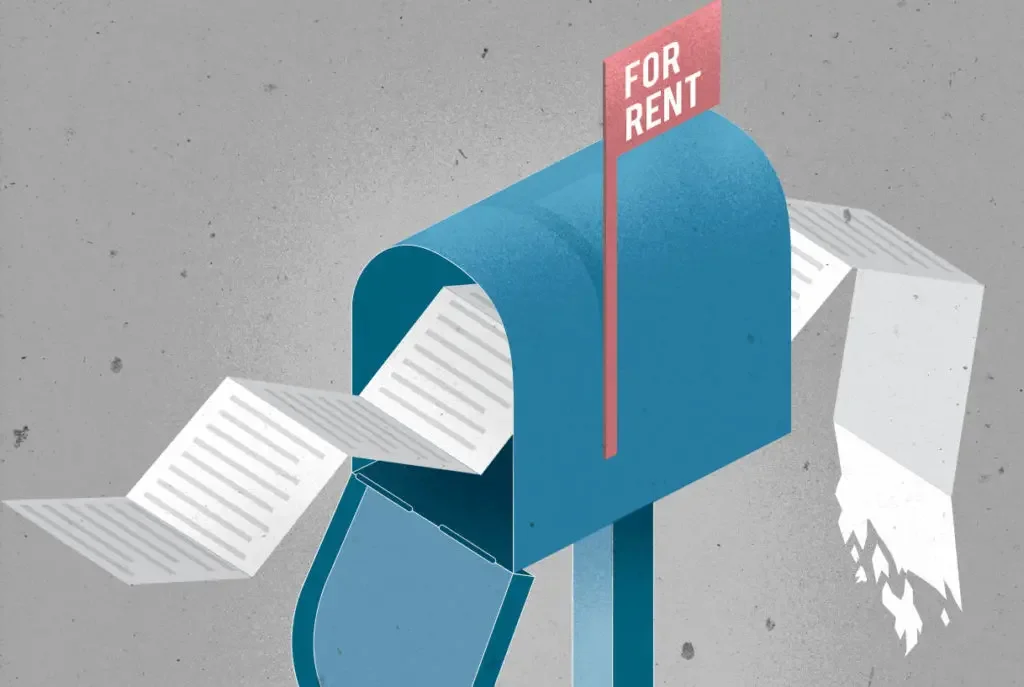6 Reasons Why You Shouldn’t Buy an Email List
Populating the top-end of your marketing funnel is one of the most important, and labor-intensive, aspects of marketing in the digital age. Building an inventory of leads is hard work, dependent on the integration of many mechanisms and activities. A marketer could be forgiven for considering a shortcut – especially one as tempting as a list with tens of thousands of supposedly-verified email addresses.
(Source: Stock.adobe.com)
For those who aren’t aware of this service, there are many companies who sell email lists, offering desperate marketers the opportunity to pour thousands of ?leads? into their marketing funnel. This prospect is made even more attractive by the known effectiveness of email marketing.However, as we’ll prove in this piece, this is an investment that never pays off. In fact, this approach to building leads is more likely to do damage to your company than improve your sales prospects.Let’s take a look at seven reasons why you should never buy an email list.
1. The Recipients Don’t Want Your Emails
Despite what these email vendors have to say about the legitimacy of their collection methods, almost none of the entries on their lists are expecting to hear from you. And neither do they want to hear from you.The majority of the recipients on these lists have no idea that they opted for their inclusion. Most of them registered for a service using a process that included a pre-ticked ?I want to receive additional information from affiliates and partners? field.We’ve all seen (and hopefully unchecked) these tick-boxes when registering for some online service or network. When the registration process is triggered, your email addresses are then published in a database which is then sold to spam vendors.In some cases, their email lists are populated by even less legitimate means. Several list providers make use of web crawlers, or spam bots, that trawl the internet looking for any string of characters that looks like an email address. This typically includes blog posts or forum comments that contain the author’s contact details.
(Source: Stock.adobe.com)
You have to ask yourself how you would feel if your inbox is inundated with sales pitches from companies you’ve never heard of. Not only do you have to deal with the inconvenience of clearing up your inbox, but it’s also the principle of the matter. Do you want to be treated like an anonymous, faceless ?lead? by some company you have no interest in?
2. Your Brand’s Reputation Will Suffer
A savvy recipient of an unsolicited email will know how you obtained their address and the damage that this will do to your brand in their mind is significant. Now bear in mind that you are sending out tens of thousands of these emails.Can you afford for an email campaign to not only be ineffective but have the exact opposite effect? Yes, it is possible for a campaign to have such a negative effect on your reputation that it could cost you leads or even sales.Recipients of spam are also known to complain about these emails on social media. How do you think a public post on your company’s Facebook page is going to affect your followers? opinion of you? Would they want to continue doing business with a company that takes these kind of marketing shortcuts? What does this communicate to them about your ethics?Your brand’s reputation is one of your most treasured assets, and every company must do whatever they can to protect it. Sending spam is one of the most effective ways to do some serious damage.
3. The Data Isn’t Accurate
Most of the email list providers guarantee high ?deliverability.? They promise that a large portion of the information in their list is correct and up to date. Maintaining the accuracy of an email list is a complex and time-consuming activity. Industry expert Loren MacDonald estimates that ?list churn? invalidates between 25% and 30% of an email list annually.Do you think email list providers apply the amount of diligence and curation necessary to prevent this problem?Unfortunately, the type of company that deals in these kind of practices typically isn’t particularly concerned with reputation and probably won’t think twice about being less than truthful about their efforts to keep lists up to date.What’s the result? Well, you’re paying for something that may have no value for you at all. The likelihood of a large portion of the emails in your blast bouncing back undelivered is very high. Some of these email addresses may be fictitious, dormant, or have reached their inbox capacity. Undelivered emails will also have additional implications that we’ll discuss in point 4 below.Would the money you spend on an email list not be more effective elsewhere? How about investing it in more traditional methods of building quality leads?When considering buying an email list from such a provider, think carefully about who you’re dealing with and what their business ethics are. How much recourse do you think you will have should you not be satisfied with their product?
4. Your Sender Score Will Be Compromised
One of an email marketer’s biggest headaches is dealing with the mechanisms that decide whether your email is going to end up in the recipient’s inbox or spam folder.All reputable email clients will monitor incoming mail against a variety of criteria, both technical related to content, to avoid their user’s inbox being flooded with spam.Two of the most effective ways of identifying an incoming email as spam are discussed below.
Manual Spam Flagging
When one of your emails manages to bypass a spam filter and ends up in a recipient’s inbox, it is extremely likely that they will mark the mail as spam. Email service providers like Gmail and Yahoo track this behavior and adjust the sender’s ‘score? accordingly.
Bounce Rates
An email that has ?bounced? is one that couldn’t be delivered to its recipient for one of a variety of reasons. In this case, the most pertinent is that the email address doesn’t exist or has become inactive. This is usually a sign for the email service provider that the mail was part of an outdated email list provided by spammers. When a large number of mails as part of a single campaign bounce, the sender’s score is affected.
(Source: Stock.adobe.com)
The effect that a poor sender score could have on your business reaches beyond marketing. Not only will future campaigns to your legitimate leads be severely compromised, or even totally blocked, any process that makes use of email could be affected.Think about the non-marketing emails that you send your clients. How will your operations be affected if you are prevented from sending product update information and invoices’to compound this problem, rehabilitating your email reputation is no easy matter.
5. It’s Not Legal
Have you given thought to how your company could absorb a $10K fine? How about if the company’s founder is imprisoned? The CAN-SPAM Act is a powerful piece of legislation designed to protect the rights of consumers and falling foul of its stipulations it’s not as hard as you might think.If a recipient decides that your email violates one or more of the CAN-SPAM Act specifications, you could face a fine of up to $300 per email, or face jail time in federal prison.The two stipulations this approach is most likely to be in breach of are discussed below.Recipient email addresses cannot be bought or sold. This one is pretty self-explanatory. With very specific exceptions, buying and selling contact details for marketing purposes is illegal in itself.A recipient must have voluntarily opted into receiving it. Most legitimate methods of building email leads make excellent provision for this requirement, but if you are not the person who designed the process and functionality that gathered the information, how certain can you be that the appropriate precautions were taken?
6. Your Marketing Funnel Will be Compromised
This is more likely to be a problem in the longer term, but one worth mentioning nonetheless. Many CRM systems are integrated with marketing tools and processes, meaning that the ingestion of several thousand unverified, possibly inaccurate, leads will create a nightmare for your sales team.Being able to separate leads that were obtained legitimately from those that are likely to be trash will become extremely important if you want to report on the effectiveness of your various email marketing campaigns.
What’s the Alternative?
Populating your marketing funnel with credible, invested leads is a crucial aspect of your company’s growth. And like most things in business and life, there is no such thing as a shortcut. The reputational and financial implications of taking the easy way out in this case simply outweigh the (nonexistent) benefits.Rather than spending money on email lists, consider spending it on a consultation with a specialist in this field. While your company may not be in a position to afford a full-time marketing strategist, there is no shortage of approachable, affordable, and trustworthy people online whose jobs are to help people just like you build solid leads.











